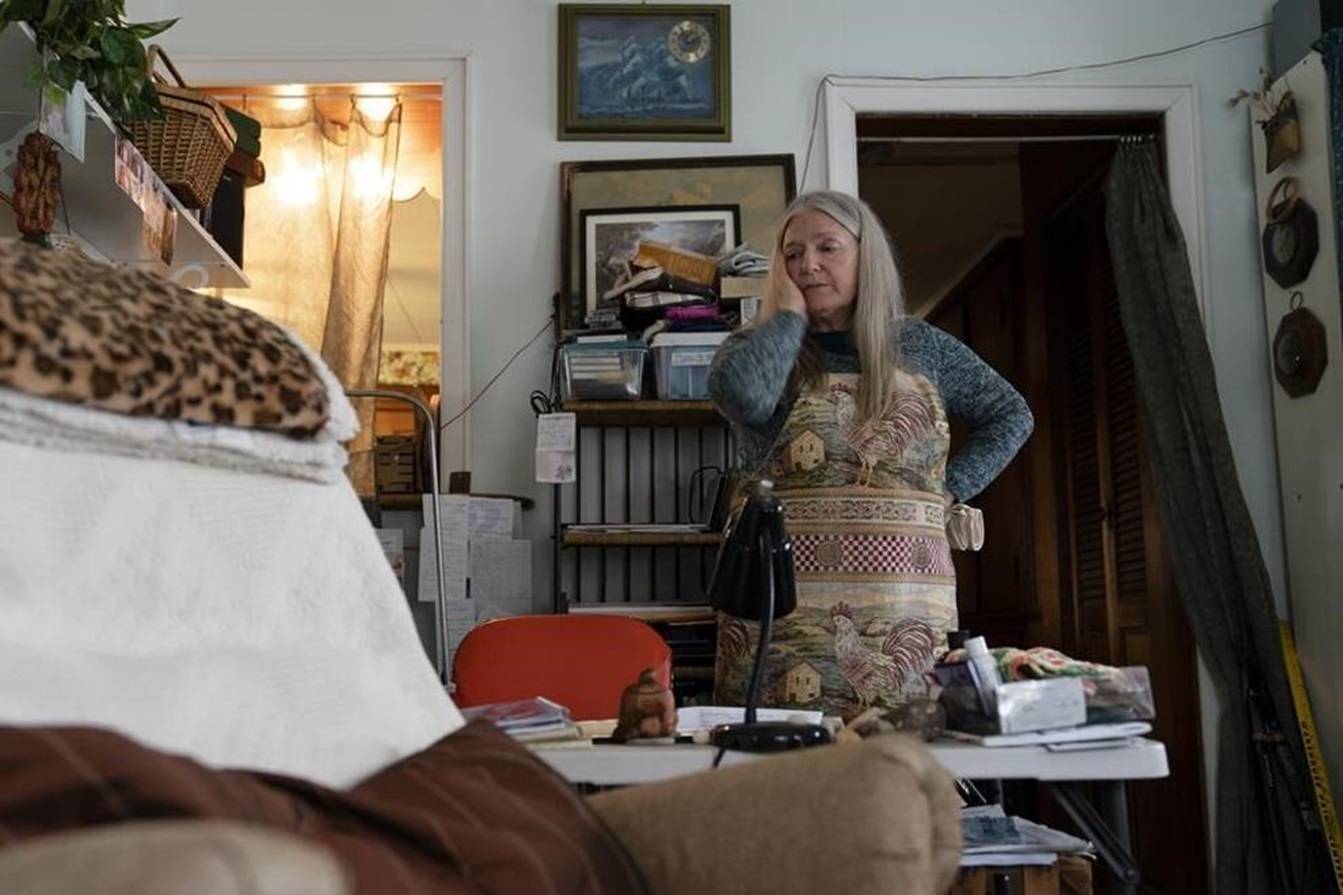
Nancy Rose, 67, dealing with lingering effects of COVID-19, takes a moment during desk organization in Port Jefferson, N.Y., Jan. 25, 2022. Despite improvement post-vaccination, Rose still battles fatigue and memory challenges. Recent data from the CDC, released Dec. 8, 2023, suggests 3.3 million Americans, possibly including long COVID cases, grapple with chronic fatigue syndrome — a figure surpassing earlier estimates. (AP Photo/John Minchillo, File)
In a significant development, health officials have unveiled the first nationally representative estimate of U.S. adults grappling with chronic fatigue syndrome, revealing that approximately 3.3 million individuals are affected. This figure, released by the Centers for Disease Control and Prevention (CDC), surpasses earlier studies' suggestions, with some of the rise attributed to patients experiencing lingering fatigue from long COVID. Dr. Elizabeth Unger of the CDC emphasized that chronic fatigue is not a rare ailment, challenging previous assumptions.
Chronic fatigue syndrome is characterized by at least six months of severe exhaustion that persists despite bed rest. Patients also report pain, cognitive difficulties, and exacerbated symptoms after physical activity, but there is currently no cure or quick diagnostic method such as a blood test or scan.
The elusive nature of the condition has confounded researchers, with its roots speculated to lie in the body's prolonged reaction to an infection or other immune system disruptions. Nearly four decades ago, the syndrome gained attention when clusters of cases emerged in Nevada and New York. At that time, dismissive attitudes prevailed, labeling it as "yuppie flu" and attributing it to psychological factors.
Despite progress, some physicians still hold skeptical views. Patients, like 26-year-old Hannah Powell from Utah, have faced dismissive attitudes, with misdiagnoses of anxiety and depression lasting for years.
The CDC's latest report draws on a survey of 57,000 U.S. adults conducted in 2021 and 2022. Participants were asked if they had ever been diagnosed with myalgic encephalomyelitis or chronic fatigue syndrome, with approximately 1.3% responding affirmatively to both questions, translating to 3.3 million U.S. adults.
Contrary to long-standing perceptions that the syndrome predominantly affects affluent white women, the findings indicate a less pronounced gap between women and men. Additionally, the prevalence among Black individuals was almost on par with white individuals, and there was a higher reported incidence among lower-income individuals compared to their wealthier counterparts.
Dr. Brayden Yellman of the Bateman Horne Center in Salt Lake City suggested that historical misperceptions may arise from diagnosed patients having better access to healthcare and being more readily believed when reporting symptoms.
While the report has limitations, relying on patients' recollections without medical record verification, experts argue that the true number of chronic fatigue syndrome cases is likely higher. Dr. Daniel Clauw from the University of Michigan highlighted the reluctance to diagnose the syndrome due to the lack of approved drugs and treatment guidelines in the U.S.
The inclusion of some long COVID patients in the tally further complicates the landscape, as both conditions share similarities. Dr. Yellman believes they represent the same illness, but long COVID is more widely accepted among medical professionals and diagnosed more promptly.
Hannah Powell, one of Dr. Yellman's patients, faced a prolonged struggle with chronic fatigue but eventually found stability through treatment. However, she still encounters challenges in receiving understanding and care, often resorting to citing long COVID for quicker belief and acknowledgment in medical settings.















